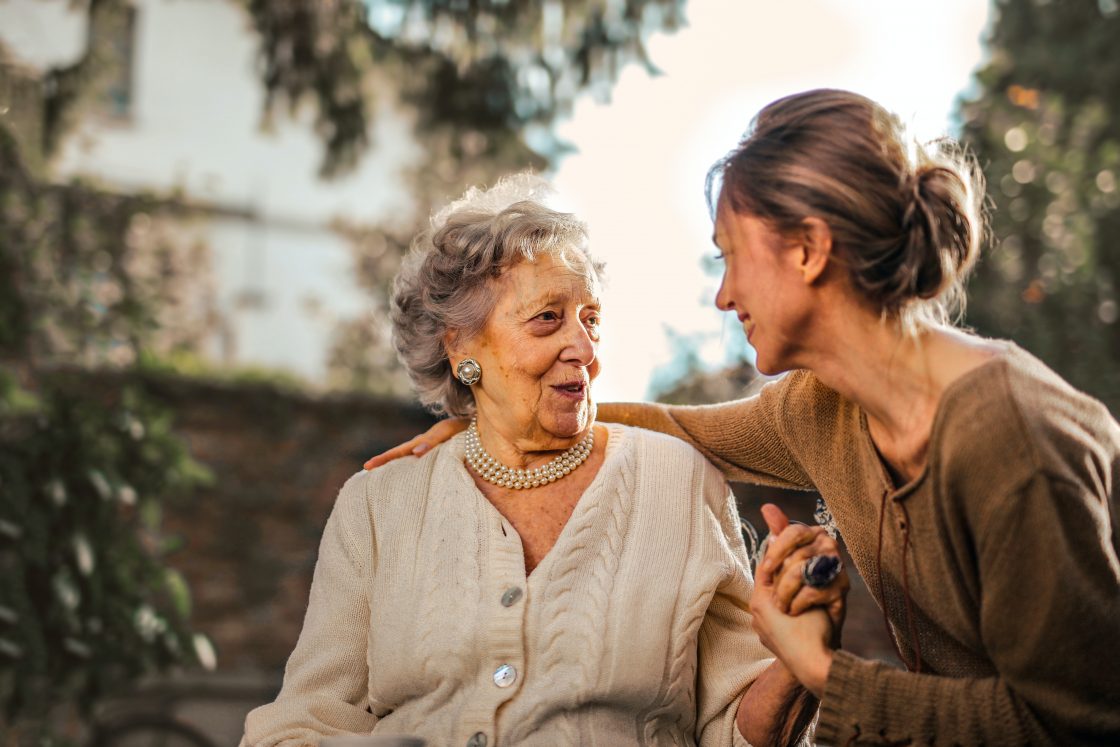In October 2002, the Government of British Columbia designated the first week of June as “Seniors’ Week.” Held this year between June 5 – 11, BC Seniors’ Week recognizes seniors’ societal contributions and advocates for their rights and voices.
Today, Canadian seniors face many pressing issues – from negative stereotypes and ageism to isolation. To mark this important week, Lynn Valley Care Centre is helping spread awareness about these crucial issues.
Elder Abuse
In Canada, 45% of seniors report experiencing abuse from the age of 65 and onward. Elder abuse can take many forms, such as physical, emotional and financial abuse, and neglect.
Financial Abuse
While elder abuse can manifest itself in several ways, typically, abuses are financial. This commonly includes the misuse and exploitation of seniors’ financial assets without their knowledge or proper consent. Seniors may be more vulnerable to such crimes with a lack of digital knowledge or economic expertise, and decreasing cognitive capacity.
In Vancouver and Victoria, this problem runs rampant, with 41% of elders surveyed stating they experienced at least one form of financial exploitation before.
Ageism
Ageism is another critical issue affecting Canadians. While each province has strict laws against age-based discrimination in workplaces, housing and services, ageism remains a growing issue.
According to a study commissioned by Seniors First BC, 63% of seniors describe unfair treatment based on their age. Additionally, 71% of people surveyed agree that Canadian society values younger generations more than older ones.
The same survey from Seniors First BC showed that 85% of baby boomers want their ageing experience to be different from their parents or grandparents. Over the next 20 years, Canada’s senior population will grow by 68%, and, with a growing population of seniors in Canada, the issue of ageism will continue to grow as well.
Isolation
Older adults are at a greater risk for isolation and loneliness because they are more likely to live alone, experience the loss of family and friends and have health conditions, such as hearing loss and chronic illness. Other factors such as lack of mobility and retirement can also lead to decreased social contact.
Studies show that elder isolation and decreased social contact leads to higher rates of depression. Recently, the effects of the COVID-19 pandemic have worsened this phenomenon, as social isolation mixed with feelings of anxiety and stress rose to global highs.
How to Help Elders
Urgent Help
There are resources available if you or your family is experiencing elder abuse. In BC, the Senior Abuse Information Line (SAIL) is a confidential helpline that provides information and resources to aid the well-being of older adults. SAIL employs trained intake workers who confidentially assist callers about issues they are facing.
VictimLink BC is a free service available by email and over the phone, delivers 24/7, confidential support to people in need. This service connects callers with a network of social, governmental, housing, and justice resources to ensure people’s health and safety. Call or email VictimLink BC at any time of the day if you, or someone you know, needs help.
Amplifying Senior Voices
Central to BC Seniors’ Week is recognizing seniors’ contributions to society and ensuring their voices are heard. To do so, we must listen to all community members and advocate for the issues they face.
If you witness senior abuse or ageism, speak up or provide assistance however you can; sometimes, seniors do not have the means to do so themselves. If you encounter something inaccessible to senior members of the community, such as a public space, or a critical website, take a moment to reach out to the proper authorities and advocate for a change.
Another way of amplifying the senior community’s voice is to tell their stories. A new field of study examining the effects of autobiography on older adults has found that telling stories from their past brings older adults peace, confidence and perspective on their lives.
In 2021, Lynn Valley Care Centre shared Jack Simmons’ story in a short YouTube biopic. Not only does telling these stories increase people’s quality of life, but it also brings public awareness and understanding to a generation who may share less in common with their younger counterparts.
On a personal level, consider reaching out to a senior loved one in your life or member of the community and asking them questions about their past – it has the potential to make a significant impact in someone’s life. And you could learn something too!
Acts of Kindness
This year for Seniors’ Week, consider a kind act for an elderly loved one, friend or neighbour. Even the smallest acts of kindness can make a difference in someone’s life.
You could try:
- Send a handwritten card, email, or make a phone call
- Check in on elderly people in your community, especially if they are living alone
- Invite someone for a walk, coffee or lunch to catch up
- Consider doing a favour, such as helping with groceries, or other small tasks
If you are looking to volunteer or help in other ways, call 211 or visit BC Seniors Society or Volunteer BC.
Finding Proper Housing
Although our lives and personal preferences change as we age, the need for care and consideration stays with us. Whatever challenges we face, as individuals or communities, a shared sense of understanding and togetherness often helps us overcome adversities in our lives.
Some issues such as chronic healthcare challenges and loneliness can be alleviated by finding proper housing and community. If you or a loved one could benefit from elder care, contact Lynn Valley Care Centre today.
What You Can Do
Seniors have made significant contributions to Canadian society and are an essential part of the BC community. Unfortunately, this growing demographic experiences everyday challenges due to their age. This Seniors’ Week, we recognize BC seniors and urge you to make a call, report a wrongdoing or do a small act of kindness. It’s in all of us to lend a hand.


